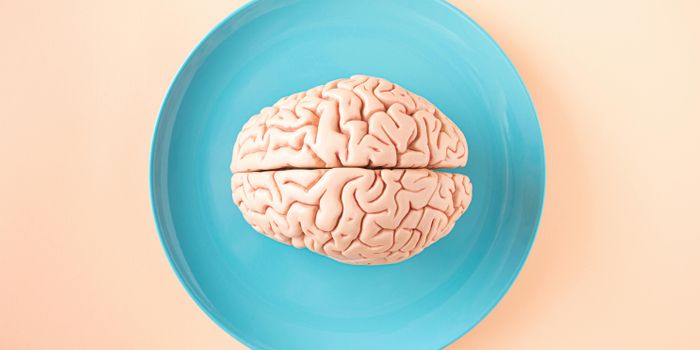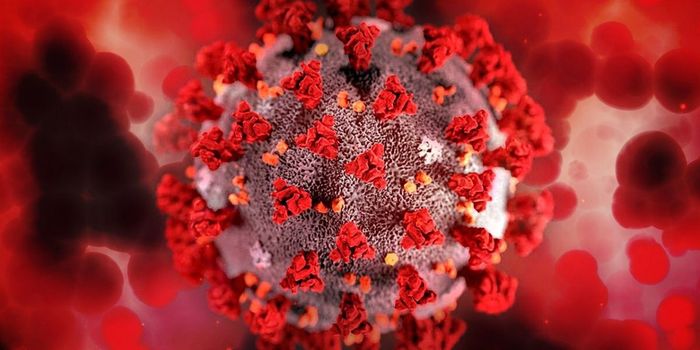How Math Anxiety Happens
“Math anxiety” is an actual term to describe students who struggle with math because they become anxious when having to take math tests or do math problems in class or for homework. One might believe that those who experience math anxiety are typically students who do not do well at the subject but that isn’t actually true. Dyscalculia is a recognized developmental disorder, in which a person struggles with arithmetic, manipulating numbers, and performing even basic mathematical equations, but that is not the same as math anxiety. Being anxious about math exists across the spectrum of IQ ranges, affecting even students with otherwise high IQ scores and academic successes. Research conducted at the University of Chicago recently addressed math anxiety, those who suffer from it, and what it looks like in the brain.
Alana Foley, a postdoctoral fellow in psychology and co-author of the study published in the February issue of Current Directions in Psychological Science says the results of the work done by her and her colleagues shows an inverse relationship between how well a student does in math class and how strongly math anxiety will impact these high-performing students. She explained, "Math anxiety is disrupting these students' ability to fulfill their potential. Even though they're still doing better than kids who are overall performing lower, they're not performing as well as they could because they have math anxiety."
The study was a combination of analysis of data from the Program in International Student Assessments and a review of the findings of 40 laboratory experiments. The combination of the analysis of such a large amount of data with the lab studies provided a context for the amount of information. Simply crunching big data like the global student assessments doesn’t make the same impact that it does when accompanied by the insight provided by real life lab studies. The team also presented the research at the annual meeting of the Cognitive Neuroscience Society in San Francisco last month.
The researchers found functional MRI studies to be helpful in showing what exactly is happening in the brain while simple problems are being solved. While the task was simple, having study participants look at equations like 5+6=11 or 6-3= 2 (one is correct, one is not) and having to indicate which are right, the brain activity was not the same in all of the volunteers. Those who reported that math made them anxious showed increased activity in the frontal parietal lobe. This increase in activity in this part of the brain was not seen in those participants who did not experience math anxiety. Both groups had response times within normal limits and accuracy was the same, but the MRI scans clearly showed a different pattern of activity.
It’s not just the simple math problems that were impacted by anxiety, nor was it only seen in students with dyscalculia. According to Foley, students with higher than average ability could be doing even better if the anxiety wasn’t getting in the way. She wrote in the study, "The students who normally do really well have a large capacity to hold information in their minds and use advanced strategies that require a lot of cognitive resources. But when they're math anxious, the anxiety and the emotion system of the brain interfere with their ability to hold onto information, so they end up performing much worse than they otherwise would if they weren't anxious."
The study suggests coping strategies be used for anxious students, but cautioned that in some countries, math anxiety might need to be approached in different ways. They also stressed the need to understand the origins of math anxiety and not focus solely on the assessments of ability. Study co-author Julianne Herts, a doctoral student in psychology added, "The effects of anxiety are true, even in countries that we think of as being really high-performing in math—Singapore, Korea, Japan, China. Even students in those countries who perform very well in math and score very high on tests still show this relation. That's something we didn't know would be the case." Check out the video below for more details.
Sources: University of Chicago, Cognitive Neuroscience Society, Current Directions in Psychological Science, Science News









